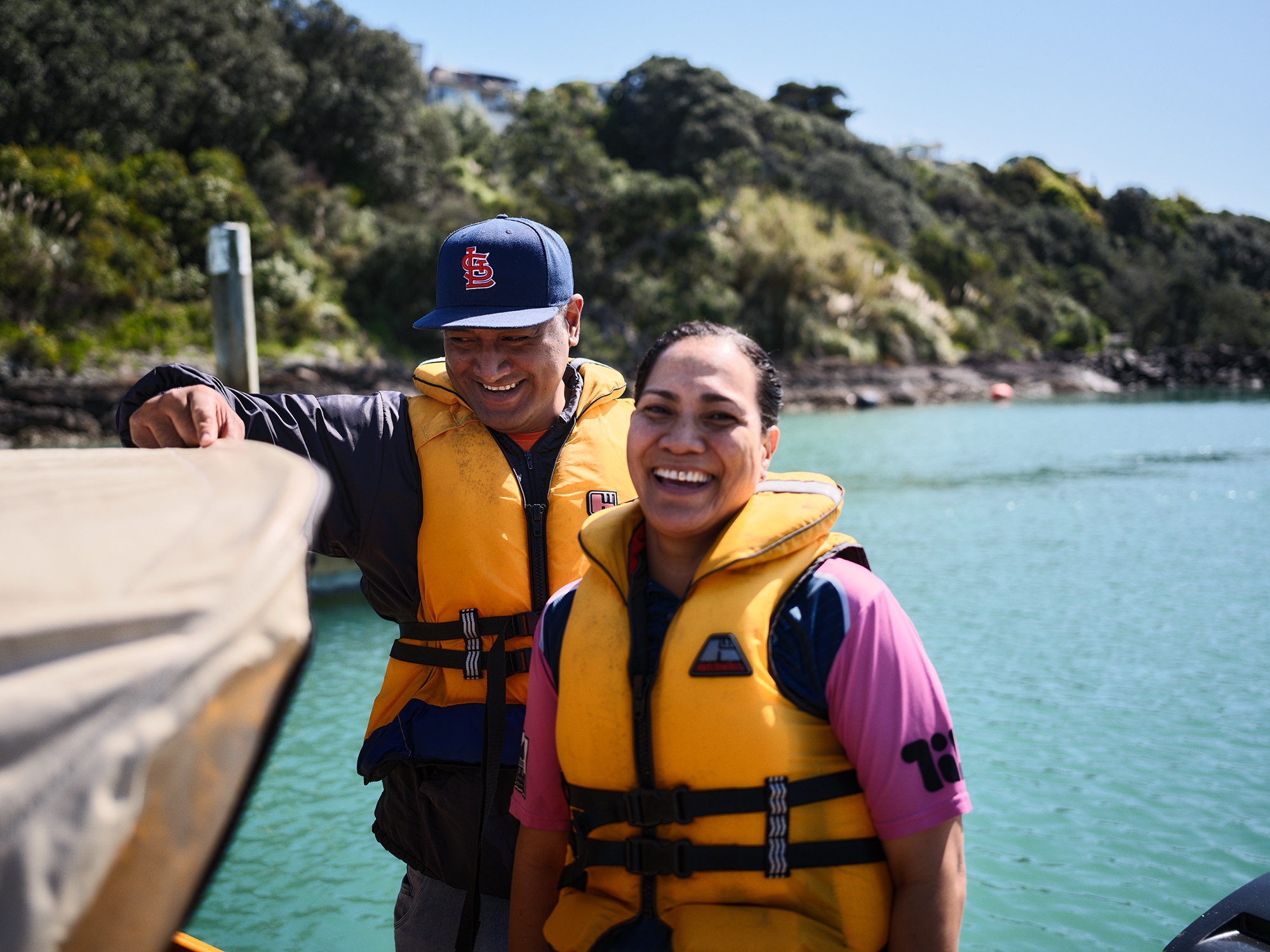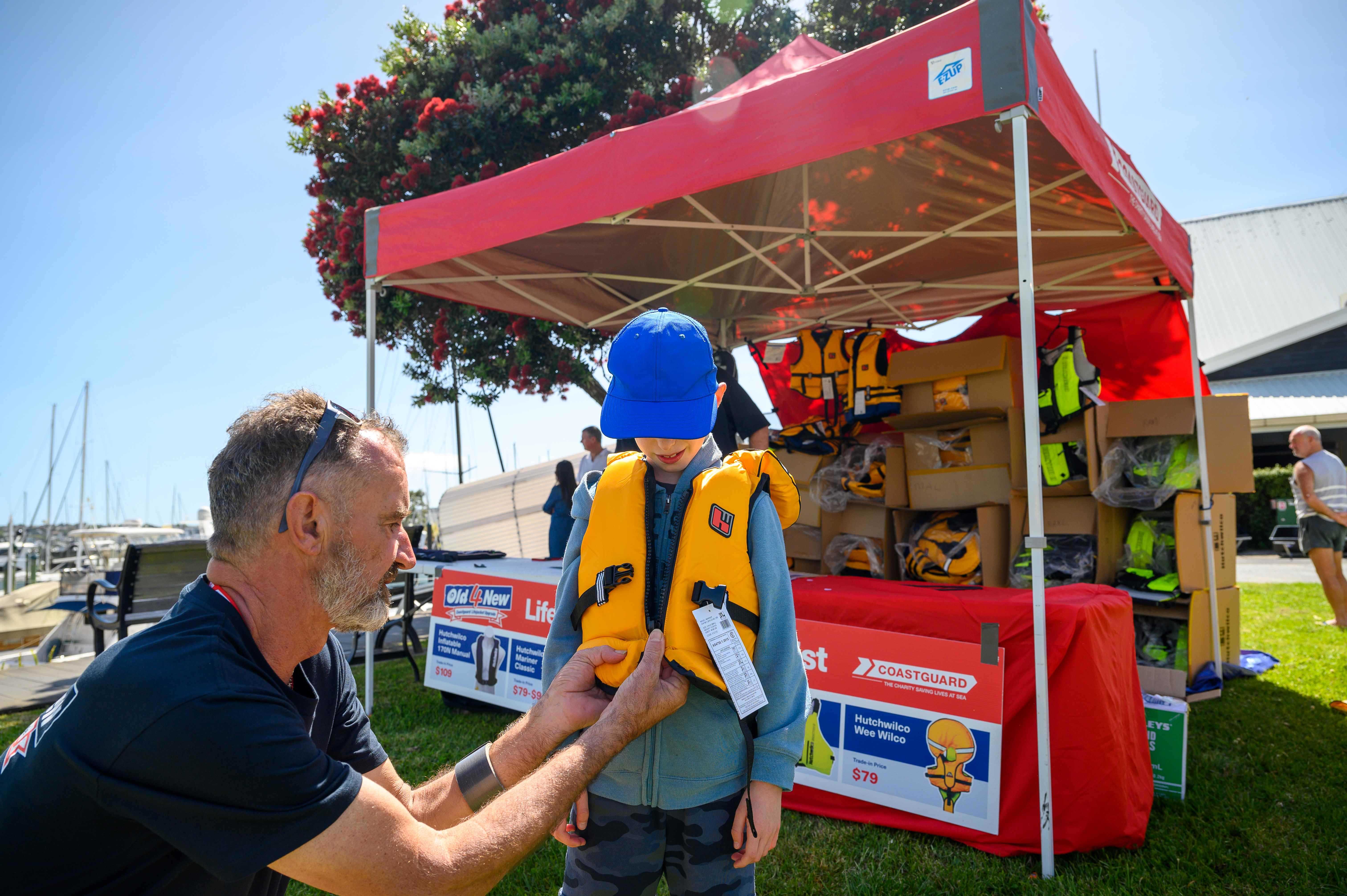
Lifejackets
Check the weather
Trip Reporting
Communications
All safety articles
A lifejacket is your key piece of safety equipment on the water. Like wearing a seatbelt in a moving car, a lifejacket keeps your mates and family safe if anything goes wrong.
Find out moreNew Zealand's weather can be highly unpredictable. We've got you sorted with a range of services to keep you on top of the weather is doing, so you don't get caught out.
Marine weatherLog a trip every time you head out the water, so if something goes wrong out there, it's easier for us to find you.
Find out howAlways take two forms of waterproof communications, like a mobile in a waterproof bag and a PLB or EPIRB, to ensure you can call for help if you need to.
Read moreWe could talk about this all day - click the link below to check out all our safety info. There's something for everyone!
Read more